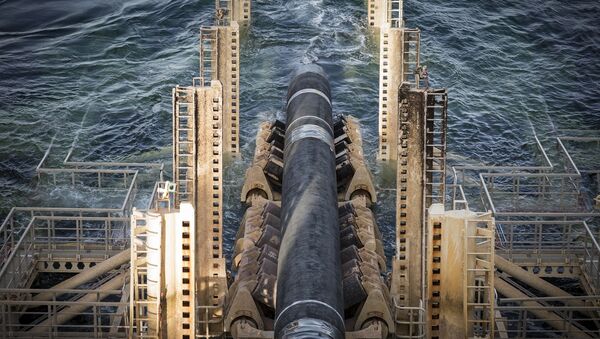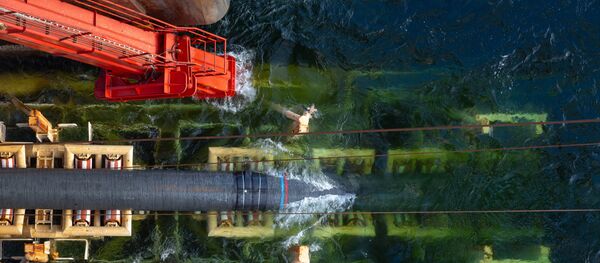According to a draft copy of a bill obtained by Foreign Policy, a series of sanctions will be slapped on companies involved in laying deep-sea pipelines for Russian energy projects, taking special aim at the Nord Stream 2 pipeline.
The draft version of the bipartisan bill, sponsored by Republican Sen. Ted Cruz and his Democratic colleague Jeanne Shaheen and expected to be introduced in the US Senate on Monday, would also block transactions in US-based property, along with interests belonging to the companies involved, and would also penalise entities providing assistance to the project.
The gas pipeline has largely divided the European Union, with nations led by Poland concerned about the Russian firm Gazprom’s increasing influence in the region if the new pipeline is completed. Nord Stream 2 supporters argue that it is strongly needed in order to guarantee that steady supplies will continue to flow in the coming decades as EU import needs increase. The project’s proponents have also noted that the pipeline will be a more reliable route for Russian gas than the traditional one via Ukraine, which has seen multiple disruptions of late.
The Trump administration has, meanwhile, rebuked Germany for going ahead with the project, in the latest uptick of trans-Atlantic tensions, also sparked by trade and climate change issues. Last July, US President Donald Trump accused Berlin of being held “captive” to Russia due to its dependence on Moscow for energy, an accusation that German officials have vehemently dismissed.
READ MORE: US Envoy to Germany Threatens Nord Stream 2 Firms With Sanctions AGAIN
The White House has pressed ahead with its warnings of sanctions for months. In January, US Ambassador to Germany Richard Grenell wrote a letter to a group of companies involved in Nord Stream 2, threatening them with fresh sanctions if they continue participating in the venture, citing a 2017 US law, the Countering America’s Adversaries Through Sanctions Act. German Foreign Minister Heiko Maas blasted the threats the same month arguing that “questions of European energy policy must be decided in Europe, not in the US”. “To impose unilateral sanctions against Nord Stream 2 is certainly not the way to go”, he stressed at the time.
Nord Stream 2, the $11 billion energy infrastructure project slated to be finalised late next year, is a joint venture of Russian gas giant Gazprom and five Western European energy companies – Austria’s OMV, Germany's Uniper and Wintershall, France's Engie and Anglo-Dutch Royal Dutch Shell. The pipeline is being designed to deliver up to 55 billion cubic metres of gas per year to a hub in Germany via the Baltic Sea.


